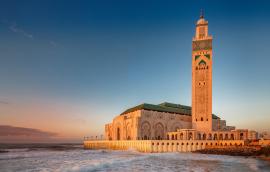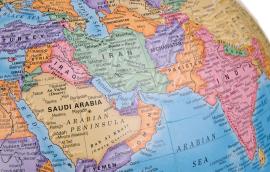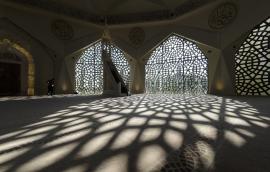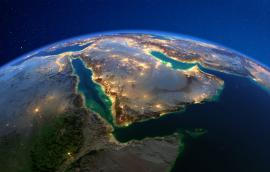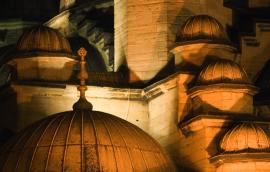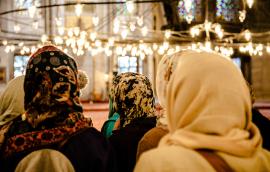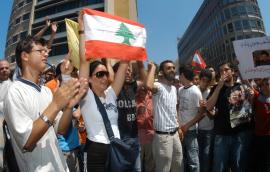Royal Religious Authority: Morocco’s “Commander of the Faithful"
King Mohammed VI of Morocco has cultivated the country’s image as a bastion of moderate Islam and of himself as a strategic partner, but to what extent does his international reputation correspond to public opinion in Morocco? In this paper, the author evaluates the king’s domestic standing as part of a larger Baker Institute study on religious authority in the Middle East.
Annelle Sheline March 31, 2019
